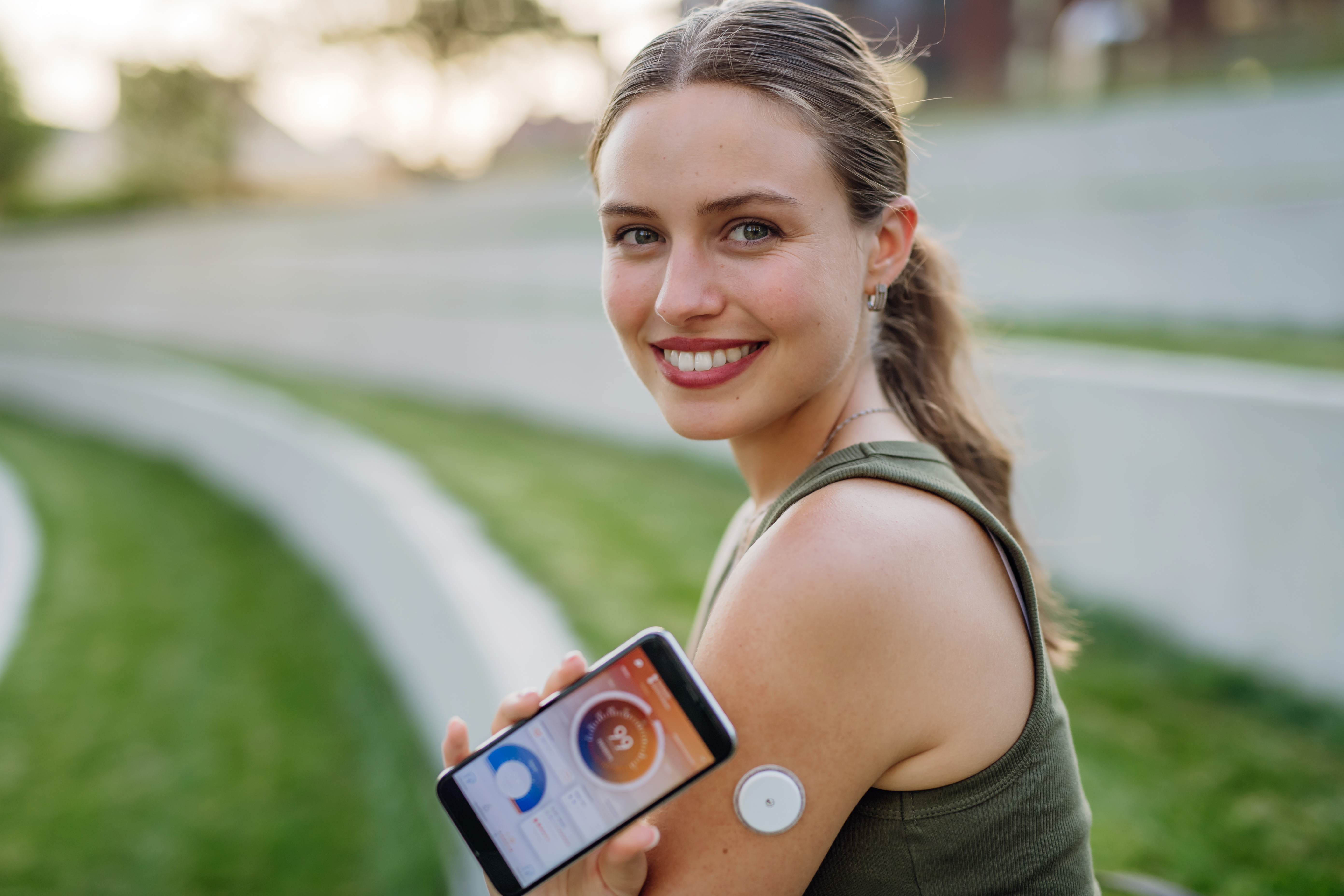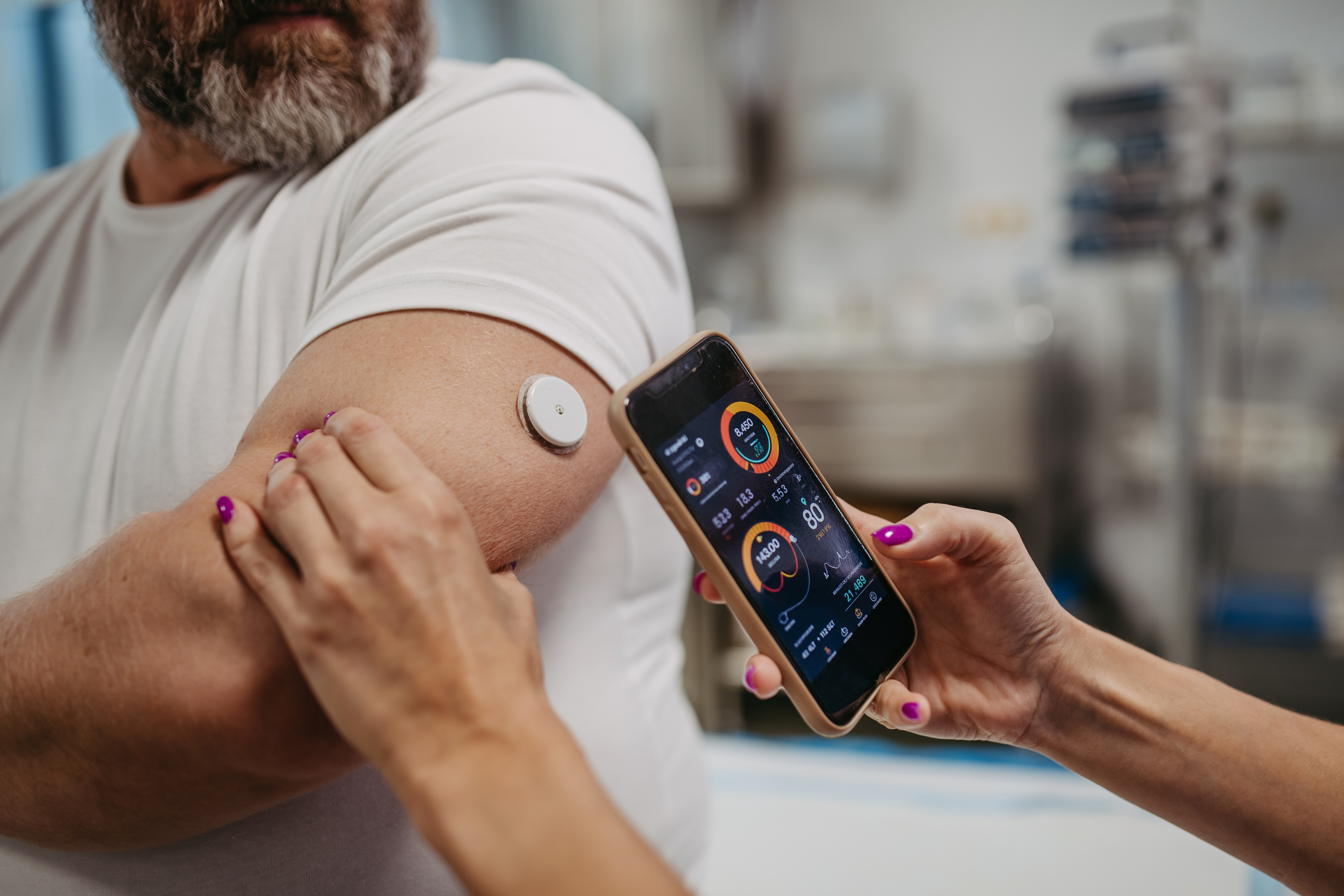CGM Secrets: What Continuous Glucose Monitoring Reveals About YOUR Everyday Diet
In recent years, continuous glucose monitoring (CGM) has emerged as a revolutionary tool, allowing us to peek into the intricate dance of glucose levels in our bloodstream. Originally designed for individuals with diabetes, CGM technology is now being embraced by a broader audience eager to understand their metabolic health. This article delves into the surprising insights gleaned from CGM data, challenging traditional dietary beliefs and offering a fresh perspective on how our bodies respond to food. With the ability to track glucose fluctuations in real-time, CGM provides a nuanced understanding of dietary impacts, paving the way for personalized nutrition and optimized health.
1. The Myth of the Universal Diet: Personalized Responses

One of the most striking revelations from CGM data is the variability in individual responses to the same foods. While conventional dietary guidelines often promote one-size-fits-all recommendations, CGM has shown that each person's glucose response can differ significantly. Factors such as genetics, microbiome composition, and lifestyle play crucial roles in determining how our bodies metabolize carbohydrates. This finding underscores the importance of personalized nutrition, suggesting that dietary advice should be tailored to individual metabolic responses rather than broad generalizations. By embracing this personalized approach, we can optimize dietary choices to better manage blood sugar levels and overall health.
2. The Unexpected Role of Stress in Glucose Spikes

Beyond food, CGM has unveiled the profound impact of stress on glucose levels. Stress triggers the release of hormones like cortisol, which can lead to increased glucose production by the liver, resulting in unexpected spikes. This insight highlights the interconnectedness of mental and physical health, emphasizing the need for holistic approaches to diet and lifestyle. Managing stress through mindfulness, exercise, and adequate sleep can significantly improve glucose control, demonstrating that effective dietary management extends beyond mere food choices. By recognizing the role of stress, individuals can take proactive steps to maintain balanced glucose levels and enhance well-being.
